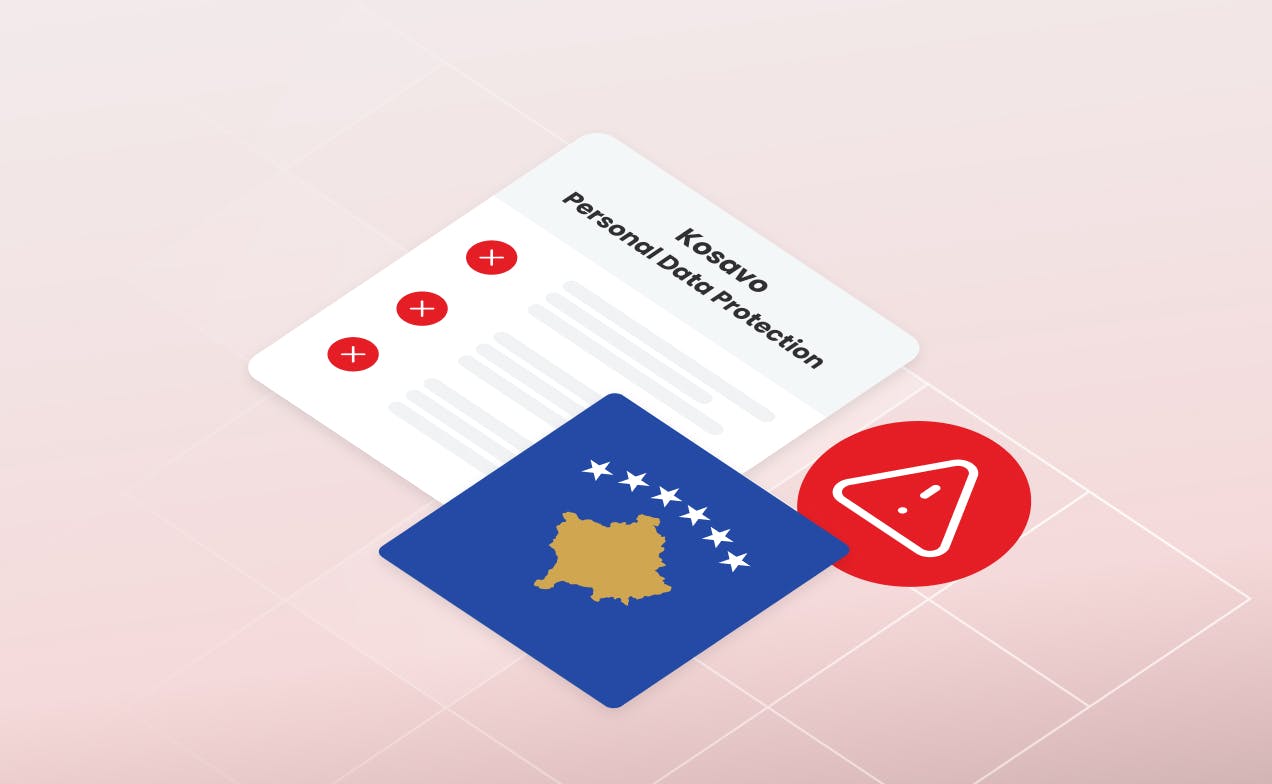
Kosovo's experience shows the dangers of weak data privacy protections. Rapid digitization without proper safeguards has led to frequent data breaches, misuse of personal information, and a lack of accountability. Many citizens are unaware of their rights, and enforcement by authorities is minimal. The situation highlights the need for strong legal frameworks, public awareness, institutional oversight, and privacy-by-design technology to protect personal data and ensure proper consent.
Imagine the bad old days when no data privacy and protection rules existed. In this pre-privacy era, individuals were vulnerable to the misuse and rampant sharing of their personal information without any recourse. In the early days of the internet, data breaches were common, and individuals had very little awareness of what oversharing their personal data might mean for them. Companies collected and sold user data without consent – and consent was not required. This led to all manner of new problems, or accelerated and changed old problems, such as identity theft, financial fraud and unsolicited marketing.
The free-for-all nature of this unchecked information bonanza also meant that companies and governments had everything they needed to spy on people without any oversight. These “bad old days” remind us of why we need comprehensive data protection frameworks – from the fundamental need for consent to clear rules on rights to data privacy.
Most countries have met the biggest privacy-related challenges we face with comprehensive data privacy and protection regulations, which have been largely successful, if difficult to adopt and enforce at times. With regulations like GDPR in Europe and CCPA in California, we’ve seen legal systems adapt to the digitization of all aspects of society, leading to bonafide efforts to put privacy and consent first.
But we can’t take this for granted. There are always efforts afoot to alter regulations, and always those who circumvent existing regulations (either maliciously or through ignorance). Recent experiences of people in Kosovo illustrate what happens when there are no data guardrails, or those being put in place are ignored or misapplied.
Kosovo, a small and relatively new country in the Balkans, aiming to align with the norms and laws of the European Union, has faced a particularly arduous journey to digital maturity. And its data privacy and protection regime has been a particular pain point. The country's institutions, businesses, and public services have moved forward with rapid digitization without the accompanying data privacy protections in place, meaning that they remain susceptible to data breaches.
From government leaks to private sector hacks, sensitive citizen data is frequently exposed, often without consequences. This has included personal data, such as private health data, which has created a culture of mistrust.
More than 400 complaints from individuals to Kosovo’s Information and Privacy Agency (AIP) in the course of just three years. Many victims of such breaches state that they do not bother reporting these incidents at all, doubting that there will be any consequences anyway – meaning the problem is undoubtedly much larger than figures reported by the AIP.
Both public institutions and media have contributed to the problem – with regulatory bodies failing to enforce laws on data privacy, and the media ignoring the right to privacy to report private, and often false, information. The AIP has only taken action in one case since 2019 – and most citizens remain unaware of their rights in the first place.
While most countries are further along in their data privacy journeys, the Kosovo tale is a cautionary one in that it reminds us of some key tenets that remain important in the ongoing need for data privacy and compliance with regulations governing related rights and protections:
Education and public awareness: If citizens are not aware of their data privacy rights, it is easier to violate them. It’s in everyone’s interest to ensure that the public has adequate access to education and information about data privacy, consent, and how they can be protected.
Institutional accountability: Regulatory bodies exist to monitor and enforce laws, but if they are toothless, they do not serve a purpose other than as window dressing. Such authorities need to be empowered to enforce data protection laws and impose effective and meaningful penalties.
Media responsibility: Journalists and media outlets are bound not only to adhere to data privacy regulations but to ethical standards respecting individuals’ privacy and verifying information before using it.
Legal harmonization: While most of Europe adheres to the GDPR, countries like Kosovo are attempting to align with GDPR and with other western Balkan countries on laws related to data privacy, protection and cybersecurity. But without clear harmonization and enforcement, it remains an incomplete and isolated effort without any enforcement framework.
Technology: As a starting point, building digital services with a privacy-by-design approach and adopting supporting technologies that ensure consent-first helps prevent data breaches and unauthorized access as well as compliance and auditability.
Kosovo's struggles with data privacy and protection underscore the importance of robust legal frameworks, institutional accountability, and public awareness. Individuals should not need to worry that their private health data will be sold to marketing agencies for use without consent, or that various personal information about them personally and the services they use, can be exposed through insecure websites.
While Kosovo is making strides in leveling up with their compliance and enforcement, it’s important for organizations everywhere to remember the importance of safeguarding personal data as a top priority. Data privacy and protection laws exist for a reason – but are not static. Adherence requires vigilance. Careful intent and correctly configured compliance and consent management technologies can help companies and organizations stay on the compliant, pro-privacy path.